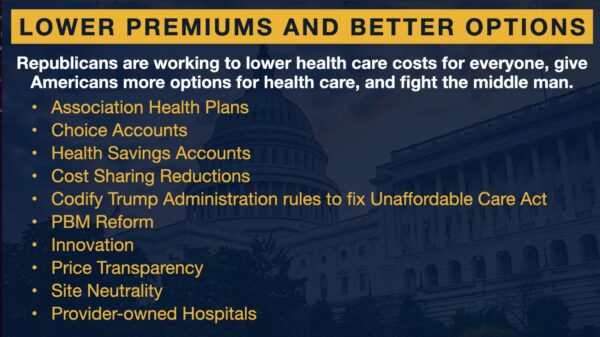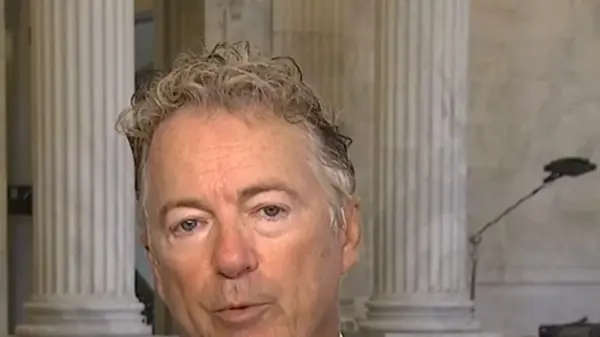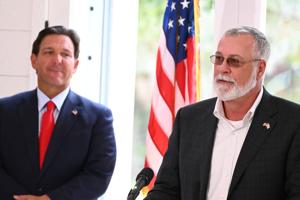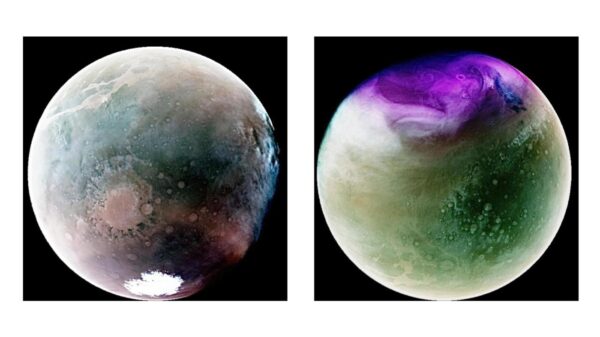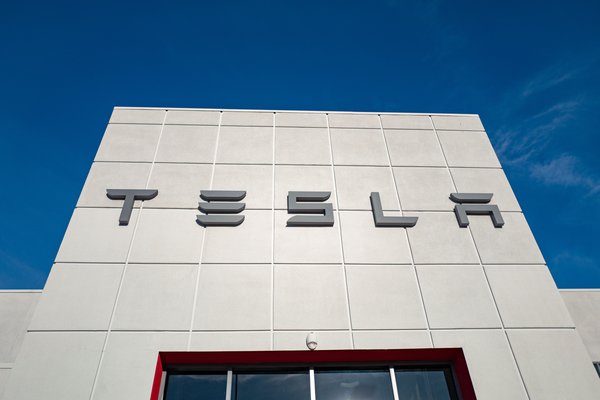URGENT UPDATE: A new survey reveals that nearly 50% of consumers believe Tesla’s full self-driving (FSD) technology should be deemed illegal. This report, released today, highlights growing skepticism towards the automaker’s autonomous driving capabilities, sparking renewed debate over safety and regulation.
The survey indicates that dissatisfaction with Tesla’s FSD features is significant, with many respondents voicing concerns that the technology could ultimately deter potential buyers from the Elon Musk-led company. The findings underscore a troubling trend for Tesla as it navigates the competitive EV market.
According to the report, 75% of participants expressed that they either do not trust or are unsure about the safety of the FSD system. This lack of confidence could impact Tesla’s sales as the company pushes to enhance its autonomous driving features. Just this week, Tesla showcased advancements in its FSD capabilities during a live demonstration, but consumer apprehension remains high.
The implications of these findings are profound. As regulatory bodies worldwide scrutinize autonomous vehicle technologies, Tesla could face increased pressure to address consumer safety concerns. The report suggests that if public perception does not improve, Tesla’s market share could be jeopardized, especially as other automakers ramp up their electric vehicle offerings.
In light of this, experts are urging Tesla to enhance transparency regarding its FSD technology and to better communicate the safety measures it is implementing. As consumers demand greater accountability, the company must act quickly to rebuild trust.
What happens next? Tesla is expected to respond to these findings in its upcoming quarterly earnings call scheduled for October 26, 2023. Investors and consumers alike will be keen to hear how the company plans to address these growing concerns and improve its FSD technology.
The stakes are high for Tesla, as consumer confidence plays a crucial role in the future of electric vehicles. With ongoing discussions around safety regulations and the effectiveness of autonomous driving technology, the company must navigate these turbulent waters to maintain its position as a leader in the EV market.
As the situation develops, consumers are encouraged to voice their opinions and stay informed. This is a critical moment for Tesla, and how it responds could define its trajectory in the evolving automotive landscape.













